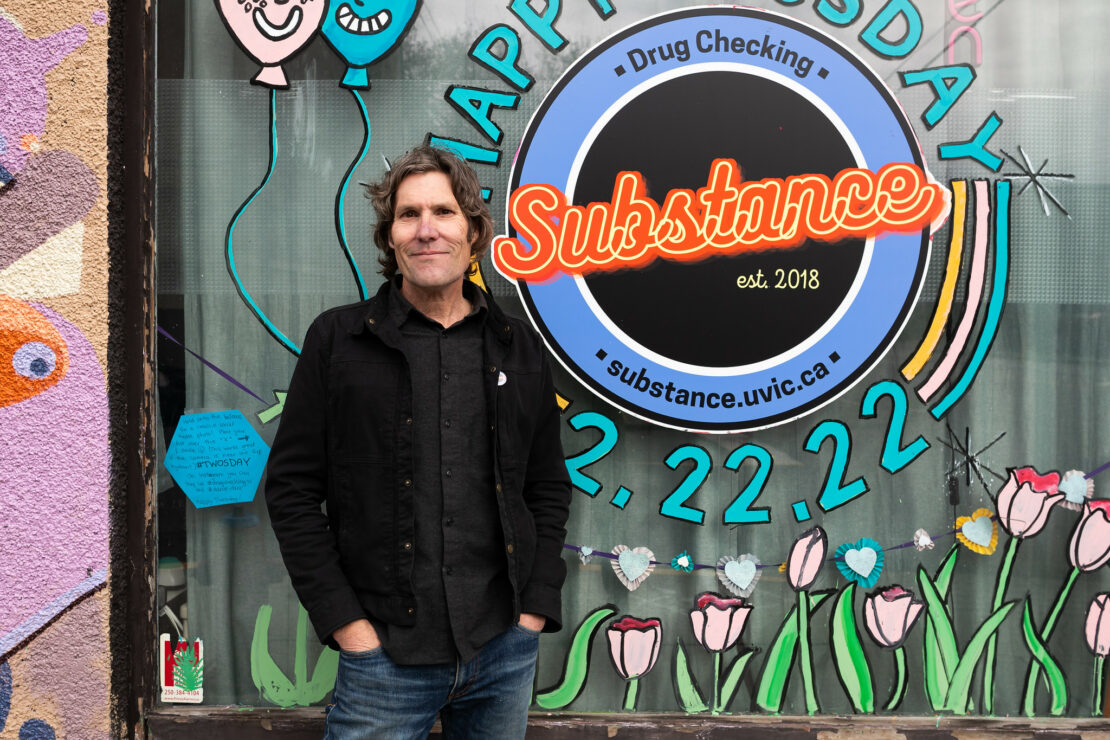Small amounts of opioids, cocaine, methamphetamine, and MDMA to be decriminalized
Recently, the B.C. government announced that a three-year exemption to the Controlled Drugs and Substances Act has been granted to the province.
This exemption will decriminalize possession of small quantities of certain substances for personal use, including opioids, cocaine, methamphetamine, and MDMA, and will come into effect Jan. 31, 2023.
2022 marks six years since the province declared a state of emergency regarding the opioid crisis — a crisis that is estimated to have caused over 9 500 deaths since then. By decriminalizing drug possession, the B.C. government is attempting to remove legal barriers that prevent people who use drugs from accessing vital resources like drug checking and other social services.
The Government of Canada described the exemption as “one additional tool that the federal government is providing to B.C. to help them address substance use harms and overdose.” As the first exemption of its kind in Canada, the outcomes of this policy may prove to be a helpful tool in informing future government action on the opioid crisis.
So, what are the specifics of the exemption?
First of all, it’s important to note the difference between decriminalization and legalization. Unlike cannabis, which was federally legalized in 2018, the substances covered by this exemption are still illegal. However, adults 18 and older in B.C. will not be subject to criminal penalties for possession of 2.5 grams or less of the illegal substances once the exemption takes effect.
Until Jan. 31, 2023, possession of opioids, cocaine, methamphetamines, and MDMA is a criminal offence — even for personal use. After the exemption comes into effect, instead of arrest and seizure of the substances in question, police will provide information and voluntary referrals to health and social service resources to those found carrying the substances.
The possession of substances not included in the exception, or in quantities exceeding 2.5 grams, will remain illegal.
The threshold of 2.5 grams is notably less than the 4.5 grams requested by the province in fall 2021.
Dr. Bruce Wallace, an assistant professor with the UVic School of Social Work and a scientist with the Canadian Institute for Substance Use Research (CISUR), is critical of the 2.5 gram limit and says the reduction from the proposed 4.5 grams will significantly reduce the effectiveness of the policy.
“One reason why we think the very low threshold doesn’t make sense is based on some of our data, which shows that people are often not just buying drugs for themselves,” says Wallace, who also works with Substance UVic which runs the Vancouver Island Drug Checking Project. “There’s good harm reduction practices in people buying drugs together, testing it, and then being able to split or share.”

Harm reduction strategies like the one described by Wallace would remain illegal under the provisions of the exemption, which will continue to prohibit supplying or giving away illegal drugs. Wallace also believes other policies, such as safe supply, are needed alongside decriminalization.
In April 2022, approximately 161 people died from overdose in B.C. In 2021, the average was 186.3 deaths per month. Given these numbers, advocates such as Wallace are concerned with the delay — January 2023 is still six months away.
“With an overdose crisis in which so many people are dying each day, the delay in implementation is really frustrating especially after how long we’ve been waiting for this to move forward,” he said.







